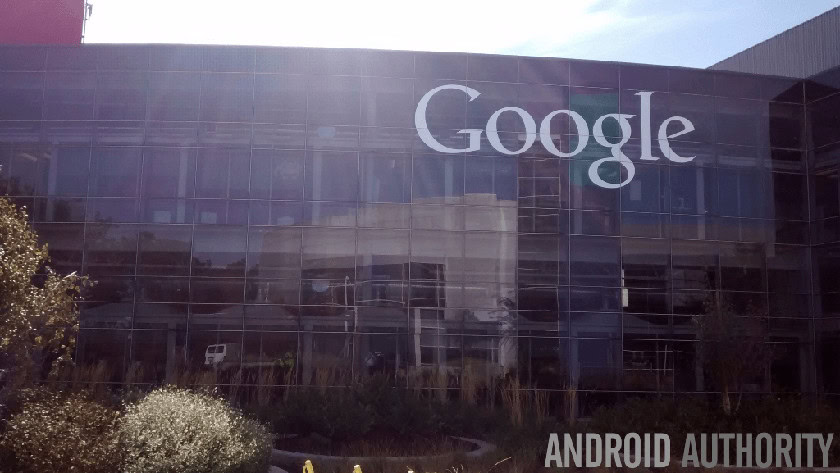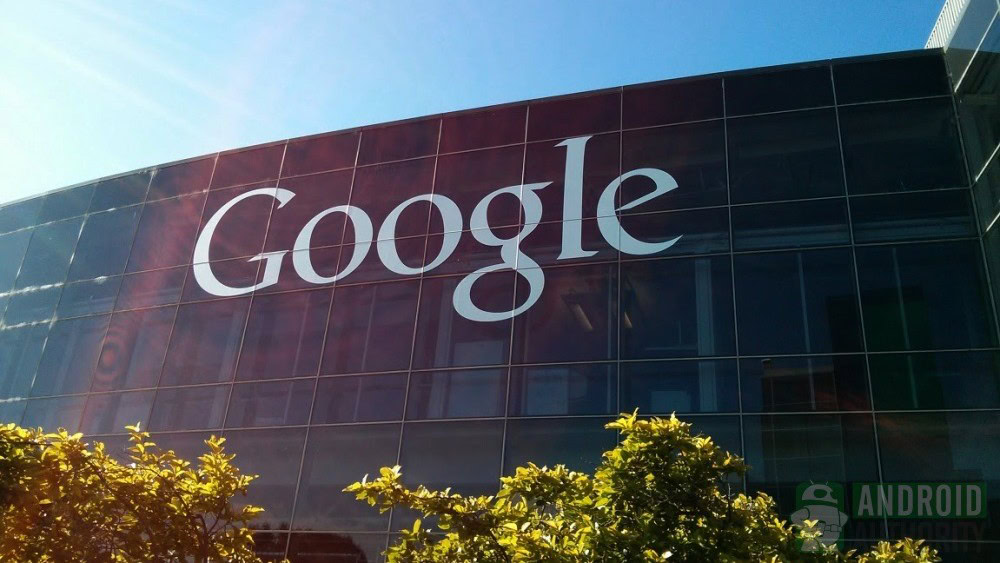Affiliate links on Android Authority may earn us a commission. Learn more.
Google wants to prevent technology from simply replacing humans
Published onOctober 12, 2017

The search giant outlines three ways to help address concerns that US workers might be left behind in the next Industrial Revolution.

With the rapid progress being made in fields like robotics, artificial intelligence, and nanotechnology, it wouldn’t be an exaggeration to say that certain parts of the world are seeing the inception of what is known as the Fourth Industrial Revolution. As the introduction of self-checkouts and self-driving cars has demonstrated, these incredible technological advancements could have detrimental effects on people. In fact, one of the primary predicaments for governments around the globe is how to balance the incoming technologies with the livelihood of the people who might lose their source of income due to these technologies.
Google certainly shares this concern, and its CEO Sundar Pichai has taken to the company’s blog to announce three ways in which the company hopes to help address it. First is Grow with Google. As Pichai adroitly points out, there is a significant gap between emerging jobs and potential workers. The nature of work opportunities is changing fast and in a fundamental way, and young adults in the US feel as though they have not received the proper training for that. The gap is only going to widen: a recent study predicts that one-third of jobs in 2020 will require skills that are not common today. Grow with Google “is there to give anyone in America the tools and training they need to get a job, for free.” The search giant is patterning with different companies to provide free training programs in digital skills, IT support, and web/Android development.
Google promises to give $1 billion to front-line organizations who are dealing with challenges that arise out of technological advancements.
On top of that, Google promises to give $1 billion to front-line organizations who are dealing with challenges that arise out of technological advancements. Over a period of five years, the company will give grants to help these organizations close the world’s education gap, prepare people for the changing nature of work, and ensure that no one is excluded from opportunity.
And lastly, Google is committing 1 million employee volunteer hours over five years “to help organizations working on the front lines of these issues.” Whether it’s helping set up events or addressing technical issues that these nonprofit organizations might be having, Google hopes that its employees would be able to provide useful tools and resources.
You can read Pichai’s full announcement here.